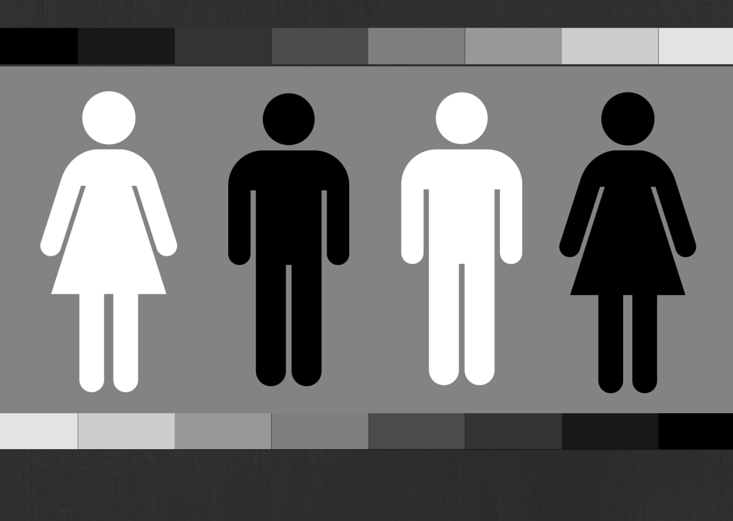JUDY WOODRUFF: Finally tonight: The term micro-aggression can be a hot button. It describes indirect or subtle discrimination. And if you're on the receiving end, it can be as hurtful as anything overt. If you have been accused of delivering a micro-aggression, you might wonder why, having no idea what is was you said that was so offensive. Well, tonight, noted satirist David Sedaris shares his Humble Opinion on what he sees as an overly-sensitive world.

DAVID SEDARIS, Humorist: I'm the sort of author who travels a lot, 100 or so cities a year. I read out loud, and then I sign books for three, four, five hours a night. So I meet a lot of people. Most of them, I forget, but, every so often, someone will stick. Maybe it's their name or their size. With one guy, it's a thumbtack tattooed on his forehead. We have met before, I say. It makes people feel good to be remembered. I know it pleases me when the shoe is on the other foot. "David," my boyfriend of 26 years, might say, and I will just float for the rest of the day. I like to make people feel good, so, often, while signing books, I will look up asking, "Haven't we met?" I get a lot of repeat business, so half the time, the person on the other side of the signing table will say, "Wow, you have a good memory. It was last fall in Boston." Of course, I'm wrong just as often as I'm right. A young Korean American woman came through the line a few years ago. "We have met before, haven't we?" I asked. And she said, "Right, because all us Asians look alike." If I could do it all over again, I would say, "Wait, aren't you Akira Kurosawa? And you were in those Margaret Cho comedy specials, and that Amy Tan movie you starred in and wrote, because you're somehow Ming-Na Wen and Amy Tan." I am actually very capable of distinguishing one Asian person from another, except for my friends Matt and John Yuan, who are identical twins, and have matching haircuts and eyeglasses and weigh the same. They dress alike, live together and honestly don't care if anyone can tell them apart. So I'm not going to feel bad about them. That young woman at the book signing, though, give me a break. Similarly, I was recently with a friend of mine who is a bit fragile. We were on a dark terrace looking at the stars when a young woman approached to say she liked my books. "How nice of you to tell me that," I said. She was a college student, and reminded me that I had once met her sister, who had since gone back to India to visit their grandparents. My friend, who was standing awkwardly beside me, then entered the conversation, saying, "I think I waited on you once at the UPS store I work at." The young woman's voice turned stony. "No," she said, "I'm afraid that was some other brown person." Or some other rude person, I thought, cringing on behalf of my friend, because not everything is a micro-aggression. Sometimes, people make mistakes, and the big thing to do, especially when they're obviously fragile, is to say, I get drunk and do a lot of blackout shipping, so maybe that was me, or something, just to get through it. My boyfriend and I live in England, and whenever we walk into an antique store together, the owner will ask, without fail, "So, are you two dealers?" "No," I say, "just homosexuals." They must think, just like I did when I was chided by the young Asian-American woman, and my friend had her head taken off on the dark terrace, geez, can't a person say anything anymore? So I have made up my mind to retire my snide little "just homosexuals" response, and say instead, "I can't believe you don't know who I am."
JUDY WOODRUFF: Online, David Sedaris shares a few of his favorite things. You can find his recommendations for what to read, listen to and watch on our Web site, PBS.org/NewsHour.












